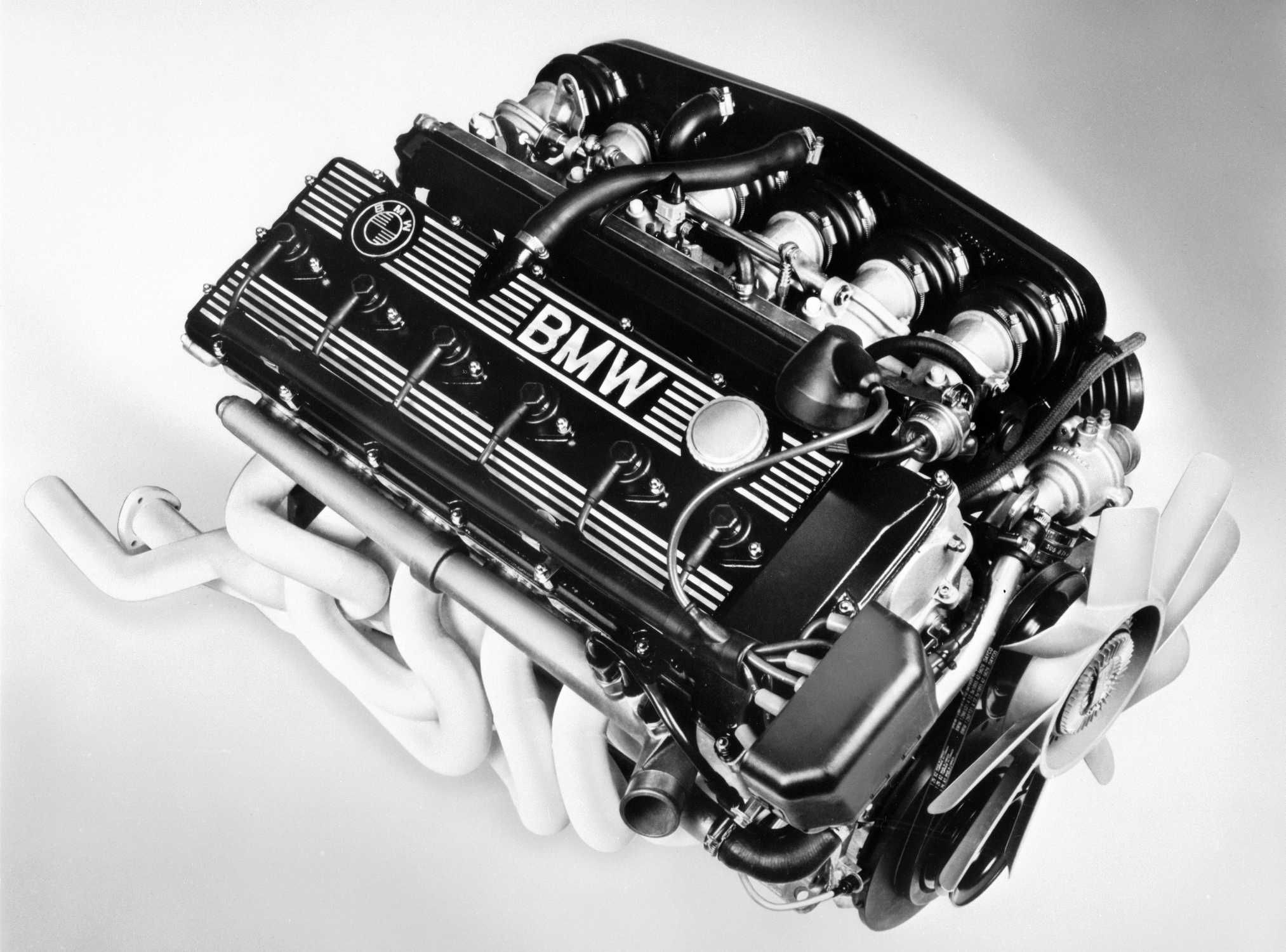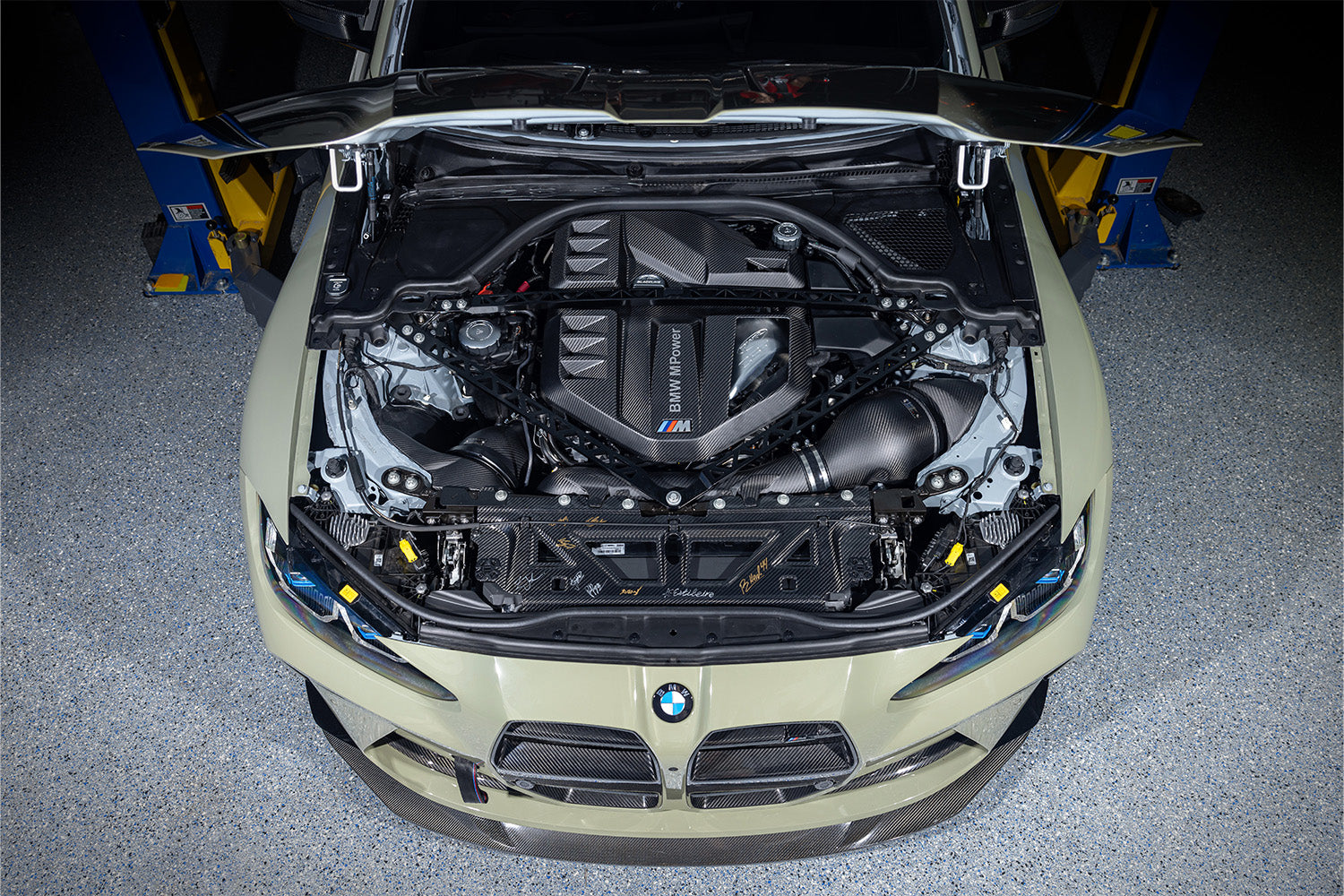Discovering the Performance Enhancements of the Latest BMW Engine Versions
Unveiling the Intricacies of Next-Generation Power Units: a Deep Study Advanced Engine Designs and Innovations
In the world of auto design, the ruthless search of performance, sustainability, and performance has pushed the development of power devices to unmatched elevations. As we depend on the precipice of a new age in transport, the ins and outs of next-generation engine layouts beckon us to check out the innovative technologies and technologies that assure to redefine the driving experience. From sophisticated materials that push the boundaries of resilience and weight decrease to advanced turbocharging and turbo charging systems that elevate power outcome to new levels, each component of these power systems holds a key to opening the future of automobile engineering. Digging deeper into the realms of discharge control, smart engine monitoring systems, and the perspective of power device advancement, we locate ourselves on the cusp of a transformation that assures to improve the landscape of mobility as we understand it.
Development of Engine Products

The shift in the direction of advanced engine products has likewise made it possible for engineers to make engines with higher power outcomes while preserving gas efficiency criteria. The use of lightweight products minimizes the overall weight of the engine, leading to enhanced gas economic climate and lower emissions. Additionally, innovations in materials technology have actually allowed for better thermal monitoring within engines, resulting in increased integrity and long life.
Turbocharging and Supercharging Technologies
Exactly How do Turbocharging and Supercharging Technologies change engine performance and performance in modern-day vehicles? Supercharging and turbocharging are modern technologies that significantly enhance engine efficiency by boosting the quantity of air intake right into the combustion chamber. Turbocharging achieves this by making use of a wind turbine driven by exhaust gases to pressurize the intake air, while supercharging utilizes a belt- or chain-driven compressor to accomplish the exact same effect.
These technologies make it possible for smaller, more fuel-efficient engines to produce power equal to bigger ones, referred to as downsizing. Forcibly even more air right into the cyndrical tubes, turbo charging and turbocharging improve burning efficiency, leading to raised horsepower and torque outcome without a substantial increase in engine dimension. This causes far better acceleration, towing ability, and general driving efficiency.
Furthermore, turbocharging and turbo charging contribute to enhanced fuel efficiency by enabling the use of smaller engines that consume much less gas under regular driving problems - bmw engine. This mix of enhanced efficiency and performance has actually made turbocharging and supercharging essential parts of several modern engine styles
Emission Control and Environmental Effect
With boosting global worries regarding air quality and environmental sustainability, the application of discharge control innovations in lorries plays a crucial duty in decreasing hazardous contaminants launched right into the atmosphere. Modern automobiles are outfitted with advanced exhaust control systems that aid lessen the environmental impact of auto operations. Catalytic converters, as an example, are developed to convert harmful gases such as carbon monoxide, nitrogen oxides, and hydrocarbons into much less dangerous materials like carbon dioxide and water vapor.
Furthermore, innovations in engine modern technology, such as the integration of exhaust gas recirculation systems and careful catalytic reduction, have significantly contributed to lowering exhausts. These modern technologies operate in tandem to enhance combustion effectiveness and lessen the release of hazardous pollutants right into the air. Furthermore, the growth of crossbreed and electrical automobiles represents an important step in the direction of minimizing the overall ecological impact of the transportation sector.
Intelligent Engine Management Systems

Furthermore, these systems make it possible for automobiles to meet stringent emissions standards without endangering performance, offering a more ecologically pleasant driving experience. The integration of fabricated intelligence and artificial intelligence abilities in engine monitoring systems remains to press the boundaries of what is possible, leading to additional improvements in effectiveness, integrity, and overall automobile performance. bmw engine. As auto technology advancements, smart engine administration systems will play an important duty in shaping the future of transport in the direction of a more sustainable and effective direction
Future Trends in Power System Growth
As intelligent engine monitoring systems lead the means for boosted control and optimization in contemporary automobiles, future trends in power system advancement are poised to redefine the landscape of auto propulsion technologies. These alternate power sources supply boosted efficiency and performance while lining up with rigorous environmental laws.
An additional considerable fad is the combination of sophisticated products and making techniques. Lightweight products such as carbon fiber and light weight aluminum are being used to reduce total vehicle weight, boosting fuel performance and efficiency. Additionally, improvements in 3D printing and additive production are making it possible for the manufacturing of complex engine parts with greater precision and toughness.
In addition, expert system and artificial intelligence are playing a vital role in enhancing power device performance. These technologies enable real-time monitoring and flexible control, leading to extra reliable and effective power shipment. Overall, future trends in power device development are tailored towards effectiveness, efficiency, and sustainability, driving the vehicle industry towards a brand-new era of propulsion innovations.

Conclusion
In final thought, the advancements in engine materials, turbocharging, discharge control, and smart monitoring systems have actually led the way for next-generation power units. The detailed useful content styles and advancements in modern-day engines showcase the continuous evolution of automobile innovation.
Checking out the dynamic innovations in engine materials has actually been critical in improving the performance and efficiency of modern engines. Over the years, the development of engine materials has actually played a vital duty in pushing the borders of what engines can attain.The shift in the direction of site link progressed engine products has actually additionally made it possible for engineers to design engines with higher power results while maintaining fuel efficiency standards.The execution of smart engine monitoring systems in modern-day vehicles has transformed the way engines are controlled and maximized for efficiency and effectiveness. By gathering information in real-time and assessing it with innovative algorithms, intelligent engine management systems can adjust to driving designs, ecological variables, and engine wellness to make the most of power output while minimizing gas usage and emissions.